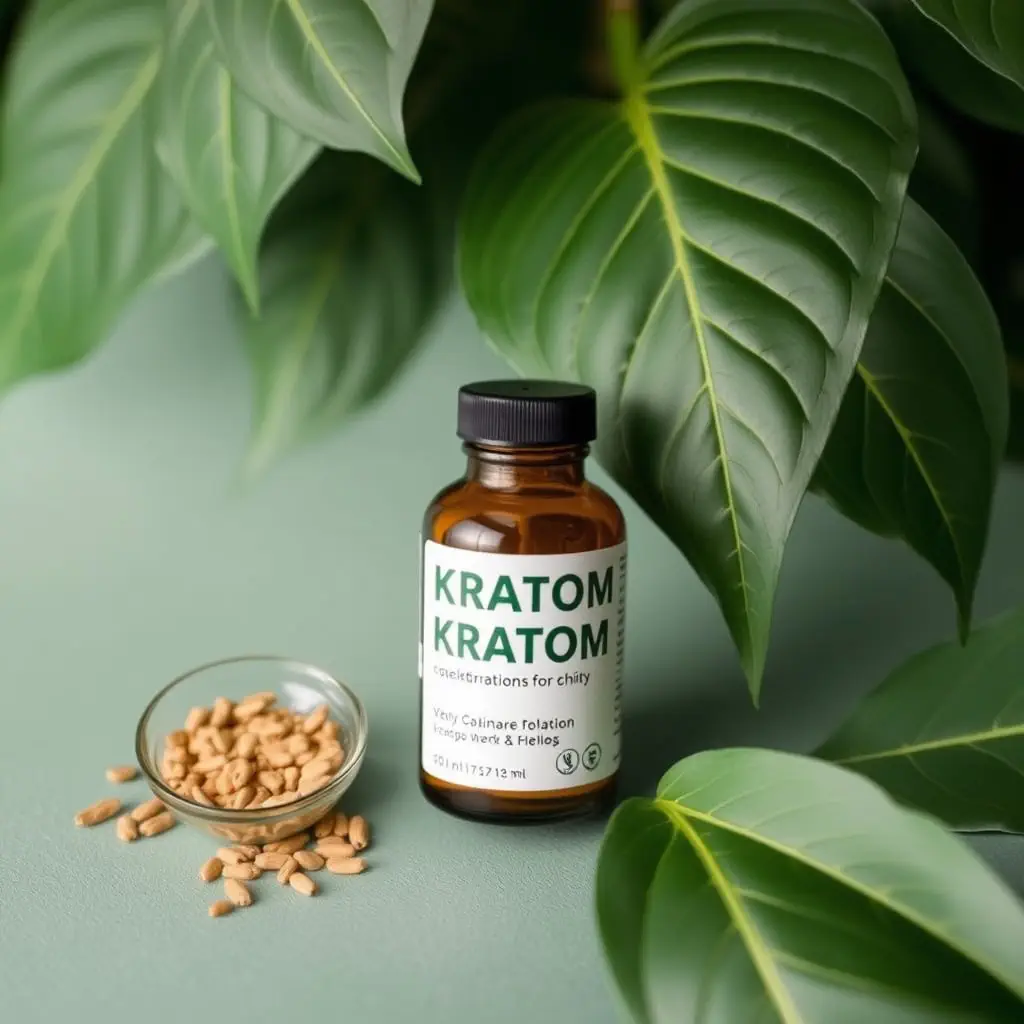Kratom, a plant from Southeast Asia, has garnered attention for its potential to enhance athletic performance and mental acuity through its active alkaloids, mitragynine and 7-hydroxymitragynine. Known as 'Kratom-Assisted Mental Clarity,' it offers benefits such as improved focus, reduced fatigue, mood regulation support, and pain management, which are particularly advantageous for endurance athletes. However, the use of kratom should be approached with caution due to its varying legal statuses and potential side effects. Athletes must consider individual responses, optimal dosages ranging from 2 to 8 grams, timing of intake, and adherence to local laws and regulations regarding performance-enhancing substances. It's crucial for athletes to integrate kratom use responsibly within a comprehensive training regimen that includes proper nutrition, hydration, rest, and skill development to safely enhance their performance while maintaining overall health.
Exploring the intersection of natural supplementation and athletic excellence, this article delves into the emerging role of kratom in enhancing athletic performance and mental acuity. We will unravel the scientific basis for its effects on focus and endurance, offering insights into how athletes can harness kratom-assisted mental clarity to their advantage. With a careful examination of optimal dosage and safety considerations, this piece aims to provide a comprehensive guide for those seeking to elevate their athletic prowess while maintaining the integrity of their health and well-being.
- Unveiling the Potential of Kratom for Enhanced Athletic Performance and Mental Acuity
- The Science Behind Kratom's Impact on Focus and Endurance in Athletes
- Navigating Kratom Dosage and Safety for Peak Athletic Performance and Mental Clarity
Unveiling the Potential of Kratom for Enhanced Athletic Performance and Mental Acuity

Kratom, a plant native to Southeast Asia, has garnered attention in various circles, including those focused on athletic performance and mental acuity. Its alkaloid composition, particularly mitragynine and 7-hydroxymitragynine, is believed to contribute to its potential for enhancing physical and cognitive capabilities. Athletes exploring natural supplements often turn to kratom-assisted mental clarity as a means to optimize their performance. The unique interplay of these compounds can lead to increased focus, reduced fatigue, and heightened stamina during training and competitions. This is particularly beneficial for endurance sports where mental fortitude is as crucial as physical fitness. Moreover, kratom’s effects on mood regulation may aid in maintaining a positive psychological state, which is essential for sustained performance under pressure. Users report an improved sense of well-being and motivation, which can be pivotal in the realm of competitive sports where mental acuity often dictates success as much as physical prowess.
Incorporating kratom into a training regimen must be done with caution and understanding of its effects. While it holds promise for athletic enhancement, it is not without potential side effects and legal considerations that vary by jurisdiction. The optimal dosage and the best strains for cognitive enhancement are subjects of ongoing research and personal experimentation. Athletes interested in kratom-assisted mental clarity should approach its use with careful consideration of their individual physiology, the specific demands of their sport, and the prevailing regulations governing performance-enhancing substances. With responsible use, kratom may offer a natural alternative to synthetic supplements for those seeking to sharpen their focus and elevate their athletic endeavors.
The Science Behind Kratom's Impact on Focus and Endurance in Athletes

Kratom, a plant from Southeast Asia, has garnered attention in various circles, including those focused on athletic performance enhancement. The active compounds found within kratom leaves, namely mitragynine and 7-hydroxymitragynine, interact with the body’s opioid receptors, which can influence both mental clarity and physical endurance in athletes. Studies have indicated that these alkaloids may boost focus and concentration, a phenomenon often referred to as ‘Kratom-Assisted Mental Clarity.’ This heightened state of focus allows athletes to train more intensely, potentially leading to performance improvements. The subtle modulation of the nervous system by kratom can also affect pain perception, enabling athletes to engage in activities for longer periods without the same level of discomfort they might otherwise experience.
Furthermore, the ergogenic effects of kratom are not limited to mental performance. Its stimulating properties have been observed to enhance endurance and stamina, which are critical components of athletic success. The compound’s ability to increase energy levels and reduce fatigue can be particularly beneficial for endurance sports where sustained effort over long durations is required. However, it is imperative for athletes to approach the use of kratom with caution, as its effects can vary significantly between individuals, and its interaction with other substances or medications should be carefully considered. Additionally, the legal status of kratom varies by region, and its use may be subject to regulations that must be adhered to in accordance with sporting organizations’ guidelines.
Navigating Kratom Dosage and Safety for Peak Athletic Performance and Mental Clarity

When incorporating kratom into a regimen designed for athletic performance and mental clarity, it is crucial to approach dosage with precision and caution. Kratom-Assisted Mental Clarity can be a significant advantage for athletes seeking enhanced focus and concentration during training or competition. The alkaloids present in kratom leaves have been reported to influence cognitive functions, potentially heightening alertness and sharpening mental acuity. To achieve these benefits, however, it is essential to adhere to a dosage that balances performance enhancement with safety. Athletes should start with a low dose to gauge individual sensitivity, as kratom’s effects can vary greatly between individuals. Typically, a moderate dose, often ranging from 2 to 8 grams of kratom powder, is recommended for mental clarity effects, but this should always be tailored to the user’s unique physiology and the specific demands of their sport or activity. It is also important to consider timing; consuming kratom too close to performance can affect energy levels unpredictably. Safety precautions must be taken into account, including understanding the potential for interactions with other substances and adherence to local laws and regulations regarding kratom use. Regular monitoring of both physical and mental well-being is necessary when experimenting with kratom dosage for optimal performance and clarity of mind. Additionally, incorporating kratom into a comprehensive athletic training program that includes proper nutrition, hydration, rest, and skill development is key to achieving peak performance without compromising health.
In conclusion, kratom’s role in enhancing athletic performance and offering kratom-assisted mental clarity has been a subject of intriguing exploration. The article delineates the potential benefits of kratom, underscoring its effects on focus and endurance, and provides guidance on safe dosage for athletes seeking to optimize their performance. While the scientific community continues to study this complex plant, it is clear that when used judiciously, kratom can be a valuable aid in the athletic realm. Athletes looking to harness kratom’s properties should approach its use with caution, adhering to recommended dosages and considering individual sensitivities and the legal status of kratom in their jurisdiction. As research progresses, the understanding of kratom’s impact on athletic endeavors will likely evolve, offering more precise guidelines for its responsible application.






